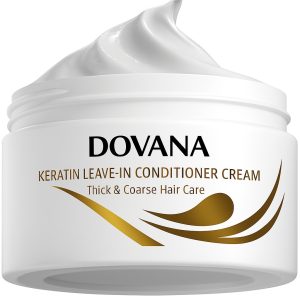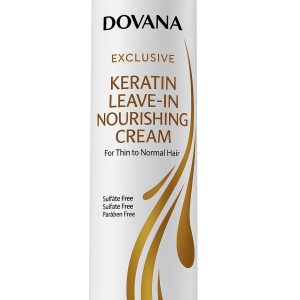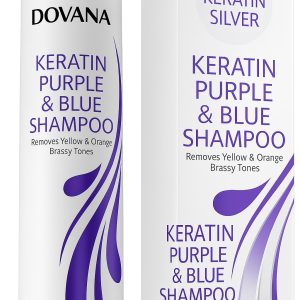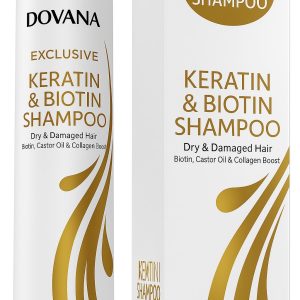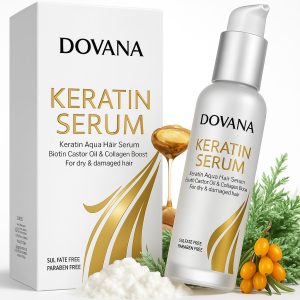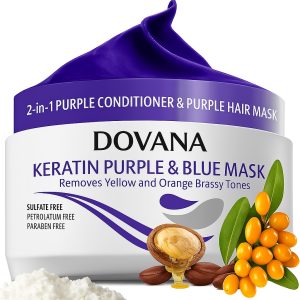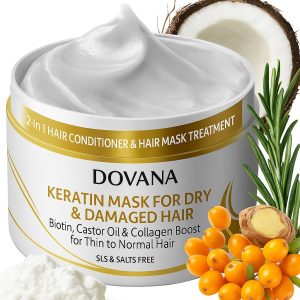Egyptian hair care
Egyptian Hair Care
Secrets of Ancient Egyptian Hair Care
The allure of ancient Egypt extends beyond its pyramids and pharaohs, reaching into the very essence of their daily lives – including their meticulous hair care routines. For the ancient Egyptians, hair was a symbol of status, beauty, and health. In a challenging desert environment, maintaining lustrous, strong hair was not just about aesthetics; it was a testament to their deep understanding of nature’s bounty. This detailed article delves into the fascinating world of Ancient Egyptian hair care, emphasizing the ingenious use of natural hair ingredients that formed the foundation of their timeless hair rituals. We’ll also explore the modern resonance of these practices within Egypt’s burgeoning organic and natural hair product sector.
Historical Context: Hair as a Sacred Emblem
Hair held immense significance in ancient Egyptian culture. Both men and women paid meticulous attention to their coiffures, often adorning them with elaborate wigs, braids, and ornaments. Beyond mere adornment, hair health was intrinsically linked to cleanliness, social standing, and even spiritual well-being. Archaeological findings, along with ancient texts like the Ebers Papyrus, reveal a sophisticated knowledge of botanical remedies and their applications for hair and scalp health. From preventing hair loss to promoting growth and maintaining shine, their hair care regimens were surprisingly comprehensive, a philosophy that continues to inspire modern hair care routines.
Nature’s Elixir: Key Ancient Egyptian Hair Care Ingredients
The ancient Egyptians masterfully utilized the natural resources available to them, and through trade, acquired ingredients from afar, to create effective solutions for their hair. Here’s an in-depth look at some of their most treasured hair ingredients:
- Castor Oil: The Ancient Growth Promoter
Known for its thick consistency, castor oil was a staple in ancient Egyptian hair care, often used to promote hair growth and add shine.
- Benefits: Rich in ricinoleic acid, a unique fatty acid, castor oil has potent anti-inflammatory and antimicrobial properties. It was believed to stimulate blood circulation to the scalp, thereby encouraging hair growth and strengthening hair follicles. Its emollient nature also provided deep conditioning, making hair soft, manageable, and preventing breakage. This natural hair oil was a cornerstone for achieving long, healthy strands.
- Almond Oil: The Nourishing Softener
Sweet almond oil, a readily available and cherished ingredient, was prized for its ability to nourish and soften hair.
- Benefits: Packed with vitamins E, D, and B, as well as essential minerals, almond oil is an excellent emollient and conditioner. It was used to moisturize dry, brittle hair, making it smoother and more pliable. Its lightweight nature meant it wouldn’t weigh down the hair, leaving it with a natural luster. For preventing split ends and enhancing overall hair health, almond oil was a go-to natural hair remedy.
- Olive Oil: The Ancient Protector and Conditioner
A fundamental part of their diet and daily life, olive oil was also a crucial component of ancient Egyptian hair care.
- Benefits: Known for its rich antioxidant profile, including Vitamin E, olive oil helped protect hair from environmental damage, especially the harsh desert sun. It served as a deep conditioner, penetrating the hair shaft to provide intense moisture and improve elasticity. Regular use was believed to prevent hair breakage and add a healthy sheen, making it a powerful natural hair treatment.
- Moringa Oil: The Desert’s Restorative Elixir
While also valued for skin, moringa oil (behen oil) played a significant role in ancient Egyptian hair care, particularly for its restorative qualities.
- Benefits: Rich in vitamins, minerals, and amino acids, moringa oil is highly nourishing for both the hair and scalp. Its antioxidant properties helped to repair damaged hair and protect against further harm. It was also used to moisturize the scalp, reducing dryness and flakiness, thereby promoting a healthy environment for hair growth. This potent organic hair oil contributed to strong, vibrant hair.
- Honey: The Humectant for Hydration and Shine
The “nectar of the gods,” honey’s humectant properties made it invaluable for hair hydration.
- Benefits: Honey naturally attracts and retains moisture, making it an excellent conditioner for dry and frizzy hair. Its antibacterial properties also helped maintain a healthy scalp, preventing issues like dandruff. Used in hair masks, honey added a natural shine and softness, making it a key natural hair moisturizer.
- Aloe Vera: The Soothing Scalp Healer
Revered as the “plant of immortality,” aloe vera was a versatile ingredient, extending its benefits to scalp health.
- Benefits: The gel from aloe vera leaves is rich in vitamins, enzymes, and amino acids, providing a soothing and healing effect on the scalp. It was used to alleviate scalp irritation, reduce inflammation, and promote a healthy environment for hair growth. Its moisturizing properties also helped to condition the hair, making it smoother and more manageable. Aloe vera remains a popular ingredient in natural hair remedies
- Fenugreek (Helba): The Hair Strengthening Seed
While perhaps less widely known than other ingredients, fenugreek seeds were incorporated into ancient Egyptian hair preparations.
- Benefits: Fenugreek is rich in protein, nicotinic acid, and lecithin, all of which are beneficial for hair growth and strength. It was used to reduce hair fall, strengthen hair follicles, and add shine. Ground into a paste or steeped in oil, it was applied to the scalp and hair as a natural hair mask to combat thinning and promote density.
The Rise of Organic and Natural Hair Products in Egypt’s Cosmetics Sector
In a fascinating turn of events, the ancient wisdom of Egyptian hair care is experiencing a powerful resurgence in modern Egypt. There’s a growing awareness and demand for organic and natural hair products among Egyptian consumers. This shift is driven by several factors:
- Increased Consumer Awareness: More Egyptians are becoming conscious of the potential harm of synthetic chemicals in conventional hair products, leading them to seek out chemical-free hair care solutions.
- Cultural Heritage Revival: There’s a renewed appreciation for traditional beauty practices and ingredients, fostering a sense of pride in Egyptian hair care traditions.
- Sustainability and Health Concerns: A global trend towards sustainable living and a focus on overall well-being are influencing consumer choices, pushing them towards eco-friendly hair products and non-toxic hair care.
- Local Entrepreneurship: A wave of Egyptian entrepreneurs and small businesses are embracing this demand, creating innovative lines of natural hair care brands using locally sourced, ancient-inspired ingredients. From small-batch oils to handcrafted hair masks, these businesses are revitalizing the market with authentic and effective alternatives.
These new brands often emphasize the purity of their ingredients, focusing on cold-pressed oils, herbal extracts, and formulations free from sulfates, parabens, and silicones. This aligns perfectly with the ancient Egyptian philosophy of harnessing nature’s power for beautiful, healthy hair.
Conclusion: A Timeless Legacy
The ancient Egyptians left behind a remarkable legacy of beauty and wellness, particularly in their approach to hair care. Their profound understanding of natural hair ingredients not only allowed them to maintain magnificent hair in challenging conditions but also provides valuable insights for us today. As the modern world increasingly gravitates towards organic and natural hair products, the timeless wisdom of ancient Egypt serves as a powerful reminder: true beauty, and truly healthy hair, often lies in the simplest, most potent gifts of nature. By embracing these ancient secrets, we can unlock the potential for truly radiant and resilient hair, just as the pharaohs and queens once did.
Beauty Center
Hair Cosmetics Vitamins
Beauty Center
Beauty Center
Beauty Center
Beauty Center
Beauty Center


